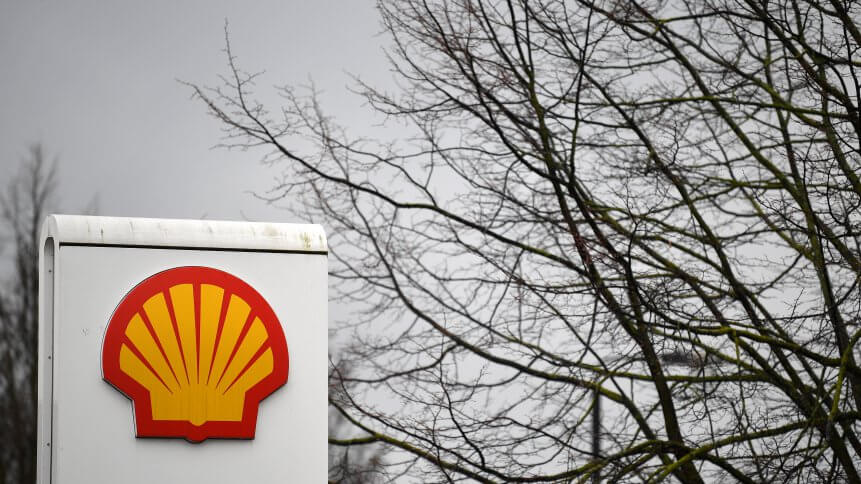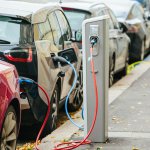Shell is betting on batteries to support fast EV charging

- Shell and grid equipment maker Alfen bet that VPP-connected batteries will be cheaper than grid reinforcements
- Shell is targeting an EV network of 500,000 chargers by 2025, up from around 60,000 today
- Its pilot site, a Dutch filling station, will provide the data to inform the possibility of a wider rollout of the battery-backed approach
One of the biggest issues preventing the spread of electric vehicles (EV) is the difficulty in supporting distributed fast-charging stations. Indeed, a significant amount of power is required for fast charging, especially if multiple vehicles must be supplied simultaneously. A possible solution to mitigate this problem is the installation of auxiliary batteries in the EV charging station to support the grid during high peak power demands.
Multinational oil and gas company Shell and grid equipment maker Alfen, is trying out a battery-backed ultra-fast charging system at a Dutch filling station, with tentative plans to adopt the format more widely to ease the pressures likely to come with mass-market EV adoption. The pilot project combines Alfen’s battery with Shell’s fast charging expertise to enable fast charging at grid-constrained locations.
No doubt EVs are spreading in the private transportation sector, but despite these vehicles contributing less to city pollution, their growth is being hindered by limitations such as their high price, short range, and long recharge time compared to the equivalent category of internal combustion vehicles. Fortunately, battery technologies are being rapidly developed, with steady increases in their energy and power densities and decreases in their prices.
How will the Shell-Alfen pilot project work?
Connected to a Virtual Power Plant (VPP), the system will use the spare capacity of the battery to sell electricity back to the grid at peak demand moments – and generating revenues in the process, according to Shell’s statement. Shell’s Vice President of Electric Mobility, Roger Hunter, said the solution could power both Shell-owned retail stations as well as the company’s customers’ premises.
The system will be provided by fellow Dutch firm, Alfen, and the two 175-kilowatt chargers at the Zaltbommel site will draw on a 300-kilowatt/360-kilowatt-hour battery system. Shell portfolio companies Greenlots and NewMotion will provide the software management.
The pilot comes only weeks after Shell set out its strategy to accelerate its transformation scheme into a provider of net-zero emissions energy products and services, powered by growth in its customer-facing businesses. This includes an aim to grow its global EV network to around 500,000 charge points by 2025. Shell Recharge, Shell’s electric mobility brand, is installing fast chargers on the Shell forecourts in the Netherlands. At this moment, already more than 160 fast chargers are installed at Shell stations.
By boosting the output of the chargers from the batteries, the impact on the grid is dramatically reduced. That means avoiding expensive grid infrastructure upgrades. It also eases some of the pressure on local grid operators as they race to make net-zero carbon ambitions possible. In fact, using a battery to support fast EV charging can save time as well as installation and operation costs, given how grid constraints are substantial in the Netherlands, especially on the distribution network. The battery-led approach is similar to that pursued by the US startup FreeWire Technologies, a California-based firm that raised US$25 million last April to commercialize its Boost Charger, which has a 120-kilowatt output backed up with a 160 kWh battery.










